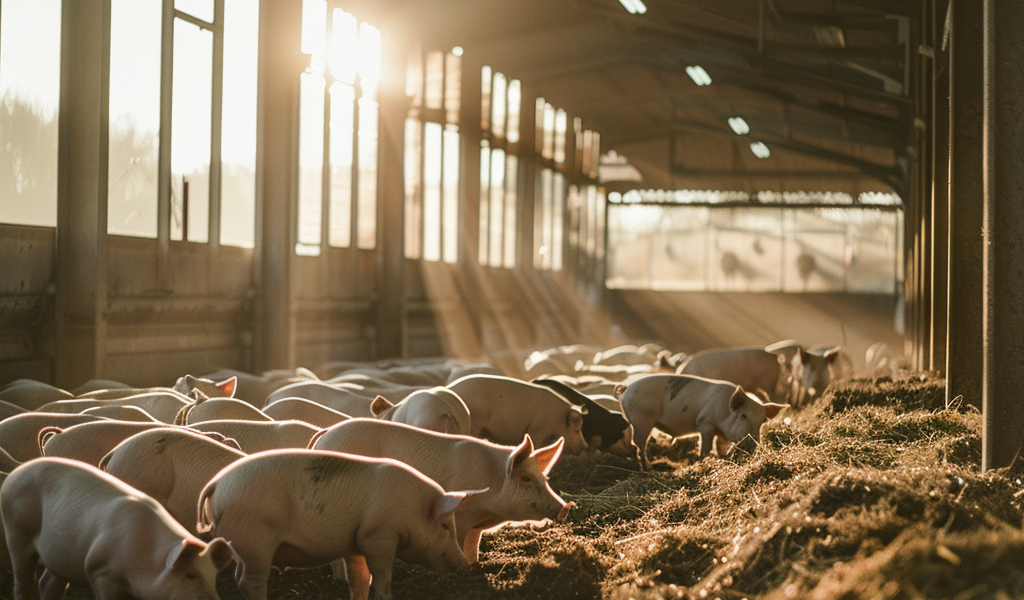US farmers are on the verge of introducing genetically edited pigs that are immune to one of the most deadly diseases affecting the animals. The use of CRISPR technology has made it possible to create pigs resistant to porcine reproductive and respiratory syndrome (PRRS), potentially saving millions of dollars for the industry. However, concerns have been raised by animal rights groups, who argue that genetic editing is not the ethical solution to the problems of industrial farming.
PRRS is a highly virulent and often fatal virus that affects millions of pigs globally, resulting in significant financial losses for farmers. Current vaccines only alleviate symptoms, and the use of antibiotics to treat infected pigs can lead to the development of other resistant bacterial diseases.
An international breeding company, Genus, has turned to CRISPR gene editing to address this issue. By removing a specific protein called CD163, the pigs become resistant to the virus, allowing them to remain healthy and visually indistinguishable from non-edited pigs. However, the process has its challenges, with only a fraction of the piglets possessing the desired gene and potential unintended genome changes in some cases.
Despite these challenges, Genus has successfully bred hundreds of PRRS-immune pigs and is anticipating approval from the US Food and Drug Administration for public sales as early as next year. Regulatory approvals are also being sought in other countries such as China and Mexico, major importers of US pork.
While the development of disease-resistant pigs is seen as a breakthrough for the industry, critics argue that the focus should be on improving the living conditions of livestock rather than solely relying on genetic modifications. According to the international welfare nonprofit World Animal Protection, a significant portion of global antibiotic supplies is used in livestock farming, directly contributing to concerns about animal welfare and the spread of antibiotic resistance.





